We are a team of researchers at Cardiff University, Newcastle University, Northumbria University, Rothamsted Research, and Scotland’s Rural College and University of the West of England, Bristol

Angelina Sanderson Bellamy
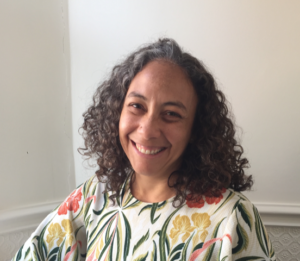
Prof Angelina Sanderson Bellamy is Professor of Food Systems at the University of the West of England, Bristol. Her expertise encompasses food production systems, land use and land cover change, ecological resilience and ecosystem services. She uses a social-ecological framework and interdisciplinary methods to investigate the drivers, particularly governance and support structures, of environmental change and the impact of land management on the delivery of ecosystem services.
She has previously worked as a Senior Research Fellow in PLACE and Associate Dean of Environmental Sustainability at Cardiff University, and Research Fellow at the Stockholm Resilience Centre and Stanford University’s Wood’s Institute for the Environment. Her experience not only draws from working in US, Swedish and UK research environments, but also from working across Latin American and UK food landscapes.
Prof Sanderson Bellamy has research projects in Wales (PI, policy implementation of biodiversity and ecosystem resilience), the UK (PI, novel approaches to creating more resilient regional food systems), Mexico (co-I, governance gaps between land use policy and coastal zone conservation), Costa Rica, Brazil and Colombia (PI, social and environmental impact of food certification) and has been awarded £10 million in funding. Prof Sanderson Bellamy has a strong record of generating impact from her research and sits on the Welsh Government Expert group on Ecosystem restoration and resilience, the Strategic Board for Food Cardiff (Silver Award Sustainable Food Places), co-Chair of the Board for the Bristol Good Food Partnership 2030 (Gold Award Sustainable Food Places), the Board for Food Policy Alliance Cymru, Strategic Board for Food Sense Wales, Board of Directors for Riverside Market Gardens social enterprise, the Rainforest Alliance Expert Panel on use of Agrochemicals and is an Expert Advisor on certification practices to the Integrated Pest Management Institute.
Alice Milne
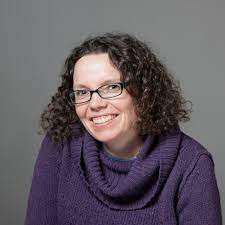
Dr Alice Milne is a mathematician at Rothamsted Research. She works on models of crop diseases, weed patch dynamics, and soil, and is currently developing a landscape model of the interactions between soil processes, crop growth, pests and management. Using a game-theoretic approach, Dr Milne showed how communication between farmers can lead to optimal pest suppression. Other areas of expertise include spatial statistics and uncertainty. She has managed several projects, recently the AHDB project (RD-2012-3785) and a work package on uncertainty in DEFRA project SCF0102. In the TGRAINS project, Alice will develop agricultural systems models and combine these with data to determine the impact of cropping scenarios on production and the environment.
Elliot Meador

Dr Elliot Meador is a rural sociologist in economy and society at Scotland’s Rural College (SRUC), with expertise in data science, statistics and social theory. He employs social network analysis of farming communities to study the impact that a farmer’s social network size, density and structure (hierarchical) has on the likelihood that they adopt innovative and sustainable technologies.
He has worked with small-holder farmers in Uganda, Kenya and Rwanda to help create a stabilised and efficient value-chain in maize and milk production. In this project, Elliot will design and implement analysis of the online social networks.
Susanna Mills
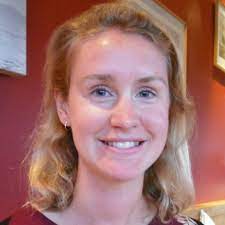
Dr Susanna Mills is a National Institute for Health Research (NIHR) Clinical Lecturer in Public Health at the Institute of Health & Society, Newcastle University. She is a medical doctor by background and a senior public health specialty registrar. Susanna’s research focuses on public health nutrition, and the relationships between dietary patterns and behaviours, diet quality and health. She is a researcher for the N8 AgriFood Programme: ‘So you think you can cook? Unpacking the personal and political potential of cookery classes in low-income communities, Manchester’. In this project, Susanna will advise on human nutrition requirements; dietary and consumer behaviours; and qualitative and quantitative methods for undertaking case studies.
Adrian Clear
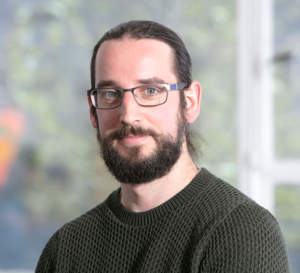
Dr Adrian Clear is a Lecturer in Engineering and Informatics at the National University of Ireland, Galway. Prior to January 2021, Dr Adrian Clear was Senior Lecturer at Northumbria University. Adrian is a Computer Scientist with specific expertise in Human-Computer Interaction.
His work investigates how the design of human-computer interactions might support and promote more sustainable ways of living. He is experienced in the design and development of digital interventions and using quantitative and qualitative methods of analysis for understanding everyday life and the effects of interventions.
Samantha Finnigan
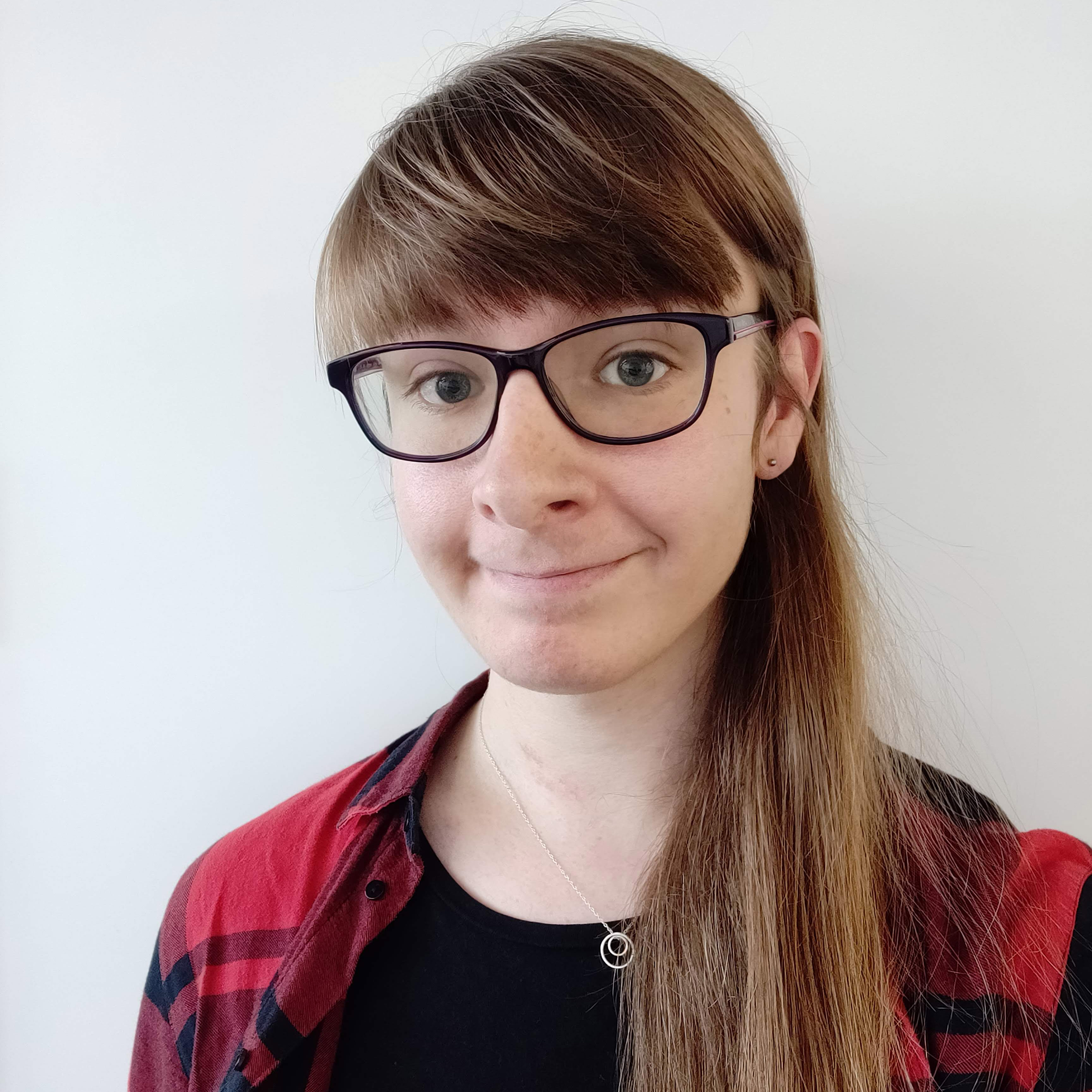
Dr Samantha Finnigan is a Research Software Engineer at Newcastle University. Prior to August 2021, she was a Research Fellow at NorSC Lab, Northumbria University, with expertise in Human-Computer interaction. A computer scientist by background, her work on the TGRAINS project involves the co-design and evaluation of prototype digital platforms for connecting stakeholders in envisioned future regional food systems.
She has designed and led our initial stakeholder engagement workshops, which connected our project to local producers, consumers and food-system middle actors such as distributors and processors, in South Wales, Norfolk, and North East England. The workshops sought to engage these stakeholders in conversations about what a local/regional sustainable and healthy food system might look like in 20 years time, in order to help us understand how we might design computer systems which help move our food practices towards this goal.
Samantha undertook her PhD at Newcastle University’s Open Lab, investigating how smart buildings might be better designed to address sustainability concerns in the built environment. This included sociotechnical factors in the sustainable design, provisioning and ongoing maintenance of smart buildings. Prior to this, she worked as a Research Assistant and full-stack web developer on the SiDE project, developing the ONSiDE participatory platform, which enabled the co-ordination of community seniors to Skype in to school lessons to enrich the taught curriculum.
Ella Furness
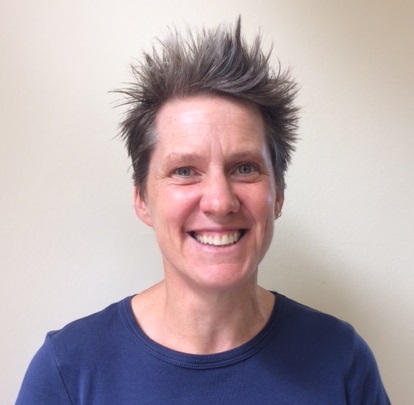
Dr Ella Furness is a Research Associate at the Sustainable Places Research Institute at Cardiff University. She is a social scientist who draws upon multiple disciplines (geography, sociology, anthropology, psychology and ecology) to examine relationships between people and the natural world, focussing on community led environmental management.
On the TGRAINS project she looks at the relationships between producers and consumers in food systems, focussing on consumer involvement in Community Supported Agriculture (CSAs). This part of the TGRAINS project involves farm level case studies, which comprise of interviews, photo elicitation, and food diaries. She is working with two CSA schemes in South Wales and two in East Anglia.
As well as working with participants who are members of these CSAs, the project also collects data from two other groups: an intervention group and a control group. The intervention group is a group of randomly selected members of the public who receive interventions which aim to emulate the experience of being a CSA member, and the control group is a group of randomly selected members of the pubic who receive no intervention. By examining these three groups, TGRAINS aims to establish what food people buy, cook and eat, and whether their household food culture is affected by involvement in community supported agriculture.
Ella’s additional areas of research are in other areas of community led environmental management. In particular she has worked on research into community managed forests and the factors that enable their adaption to climate change. This work was carried out in collaboration with the British Columbia Community Forest Association at the University of British Columbia and funded by the Peter Wall Solutions Initiative.
More recently, she has worked with people participating in ecological restoration work and how such participation affects their sense of connection with nature. In particular, she examined peoples’ involvement in forest restoration in Scotland. This work was carried out in collaboration with Trees for Life at Cardiff University, and was funded by the ESRC and the Scottish Forestry Trust.
Ryan Sharp
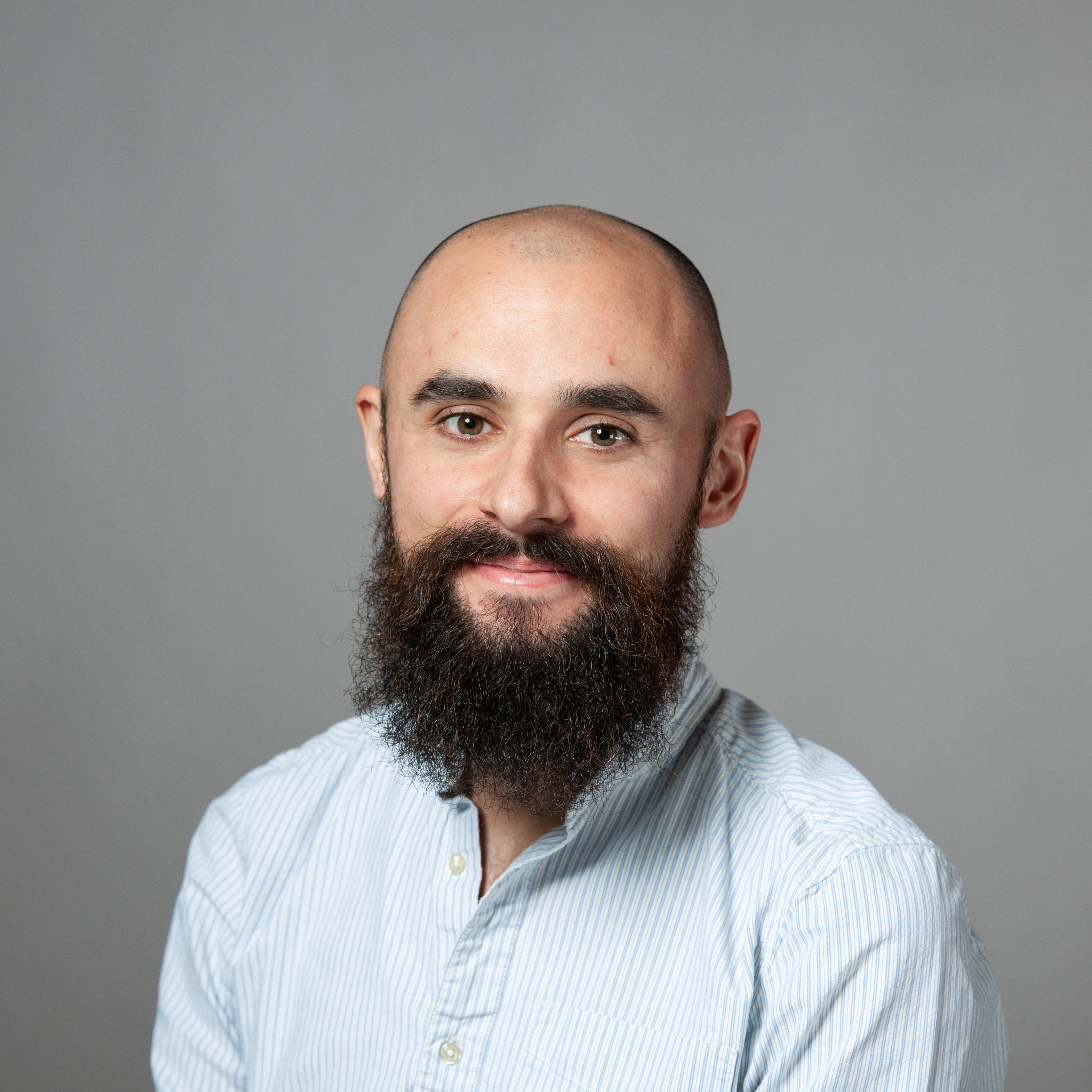
Dr Ryan Sharp is a research scientist at Rothamsted Research, with expertise in mathematical and computational modelling. Ryan’s research interests are in the mathematical modelling and simulation of plant-pest/pathogen interactions, investigating both their ecological and evolutionary mechanisms. He is particularly interested in the application of these models to current agricultural/ecological issues to develop and inform farming/regulatory policy. He develops and analyses both deterministic and stochastic models mathematically and computationally in a range of programming languages, including R, Maple, MATLAB and Java.
His work on the TGRAINS project involves the development of an agricultural system model which, combined with data, can be used to determine the impact of cropping scenarios on production and the environment.